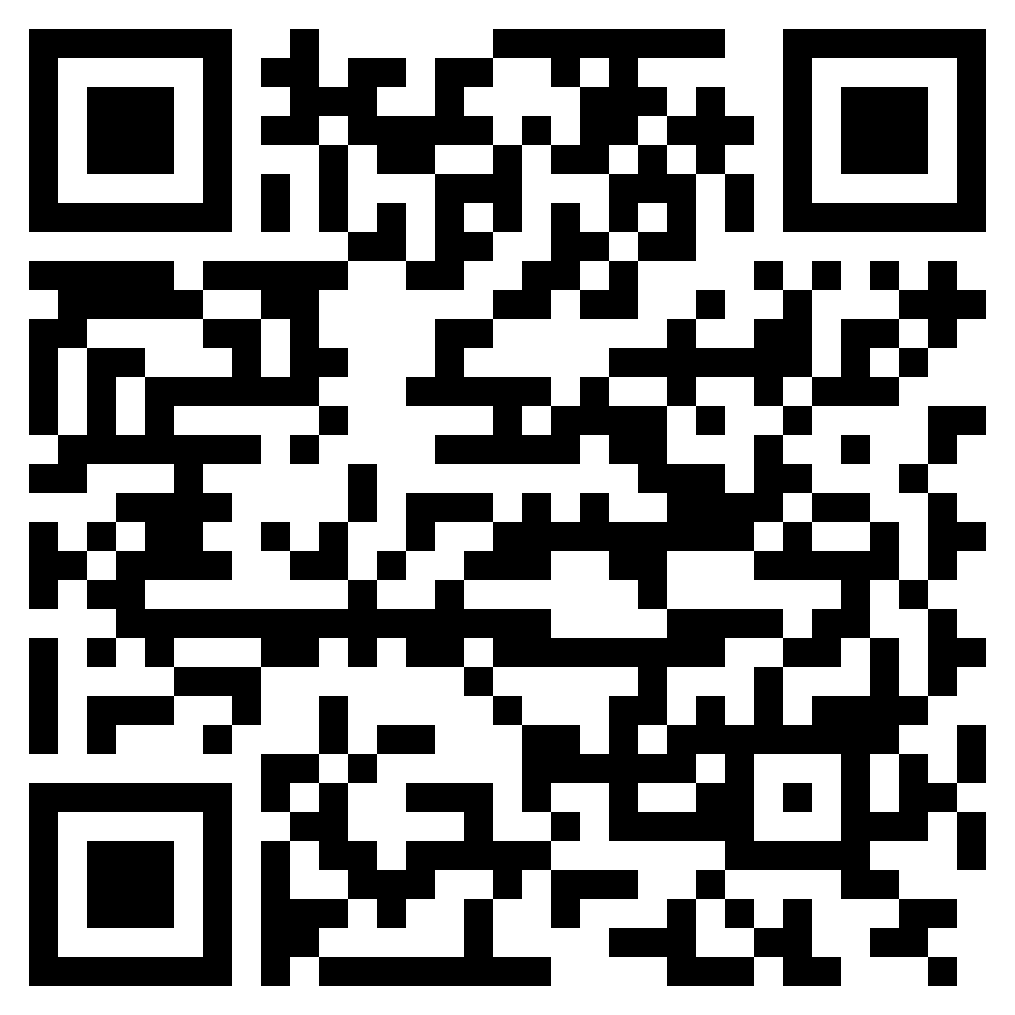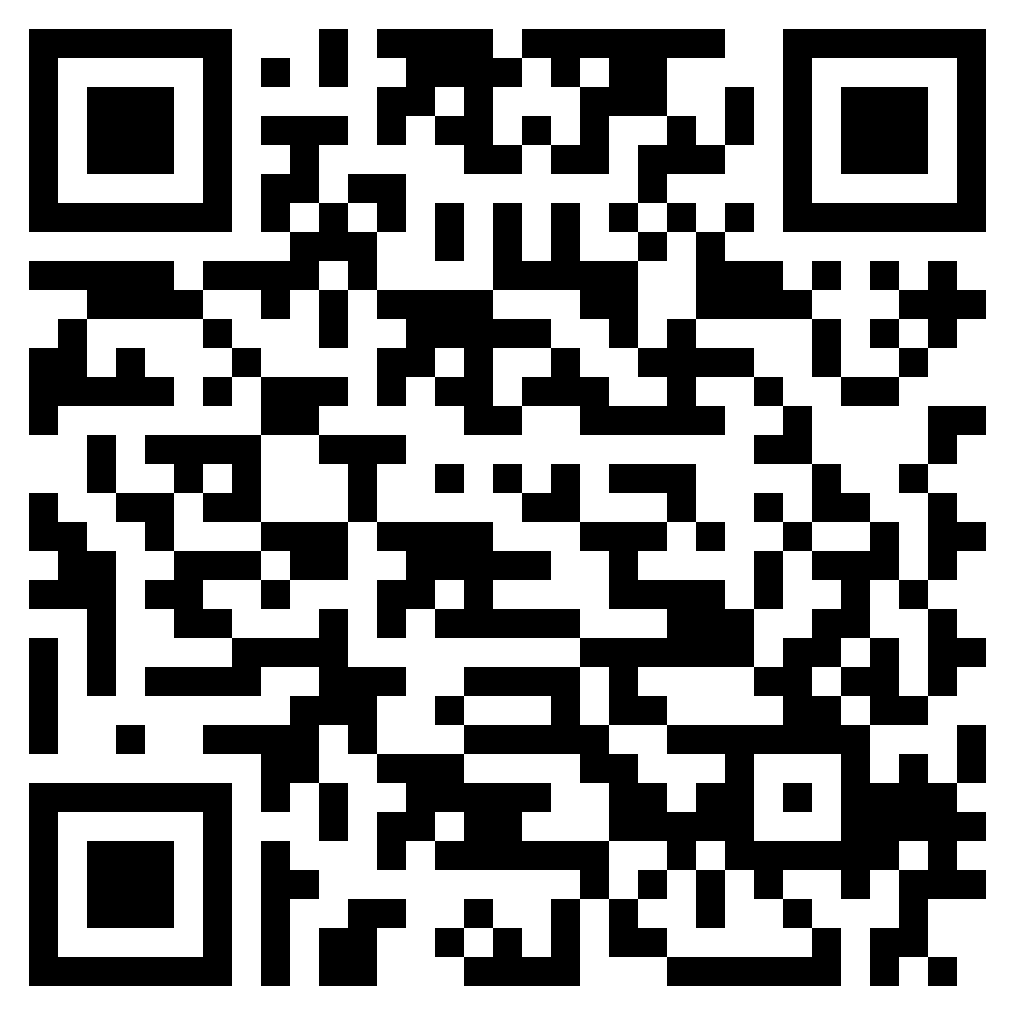Your Medical AI Scribe
Working in healthcare can bring its fair share of challenges and exertion. Scribe Medix is here to support you through the ordeal. Our ambient medical AI scribe effortlessly converts natural conversations between healthcare providers and patients into accurate clinical documentation, providing an immersive experience for both doctors and patients. This lets you take your eyes off the computer and give more undisturbed attention to your patients.
Testimonials

Be Empowered by
Scribe Medix & Experience
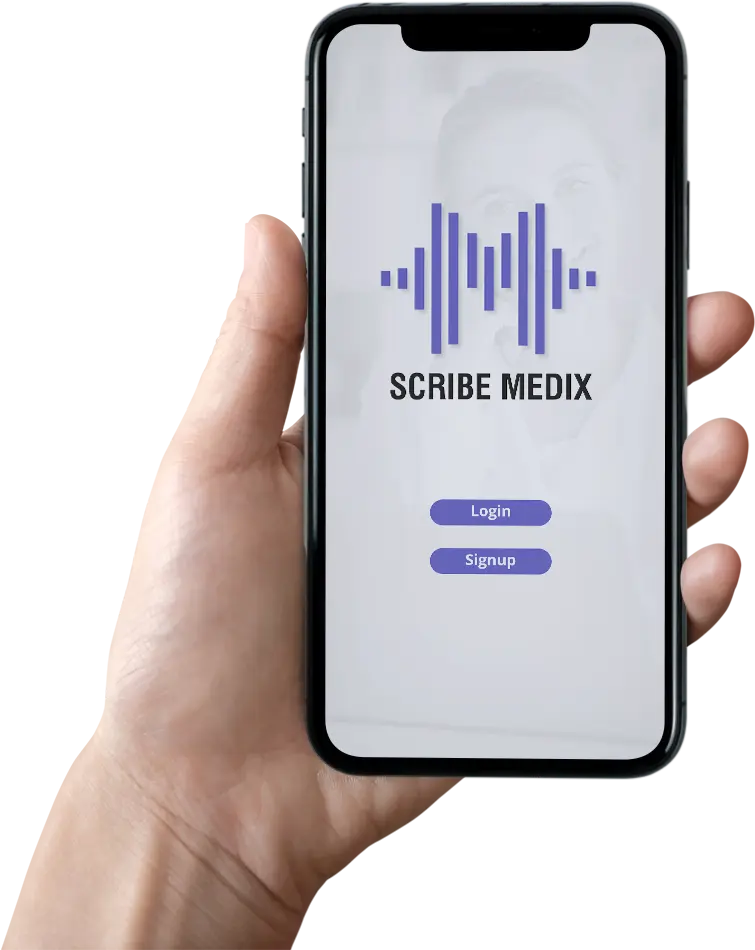
Ready to provide the highest
level of care? Try for Free
Technology That's Invisible At The-Point-of-Care
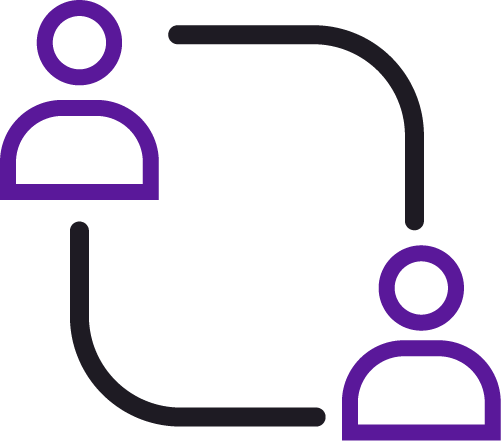
ENGAGEMENT
ConvoScribe lets clinicians naturally converse with patients and families while securely recording the dialogue.
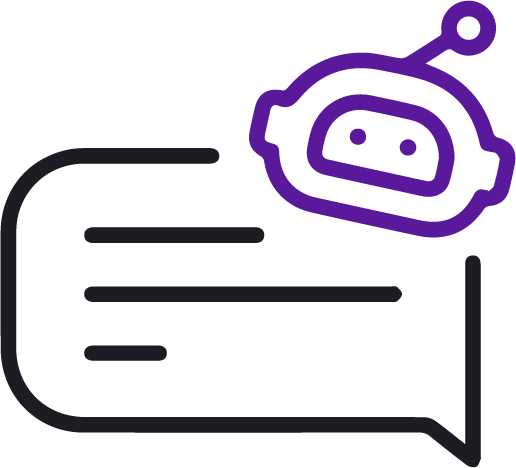
CURATION
ConvoScribe listens attentively to your entire conversation, capturing only the essential medical details for your notes.
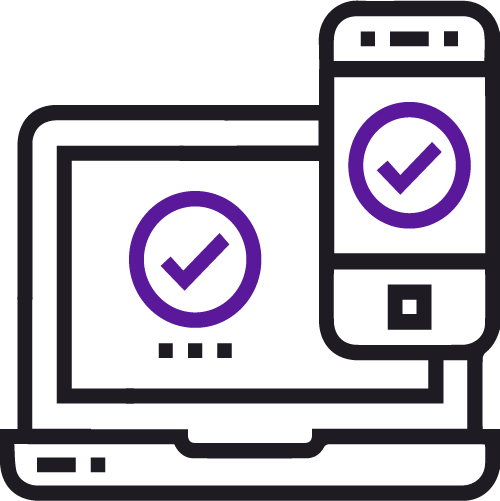
ACCESSIBILITY
Compatible with Google Chrome, Windows PCs, and Macs. Ensuring access from any platform at any time.




